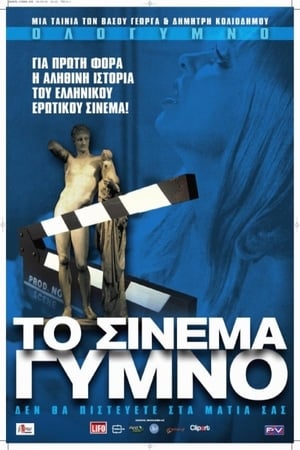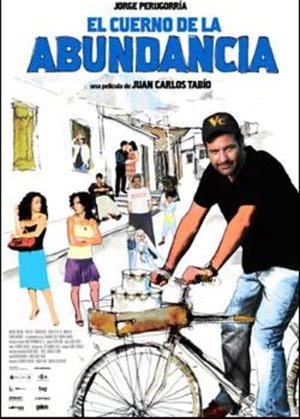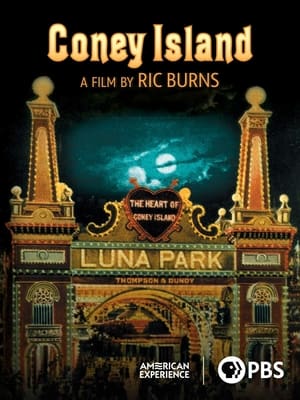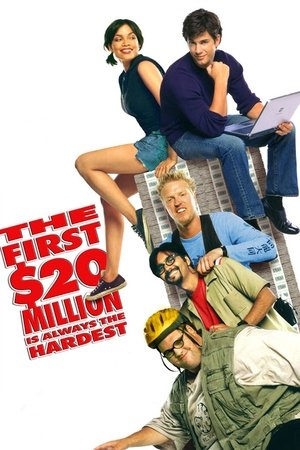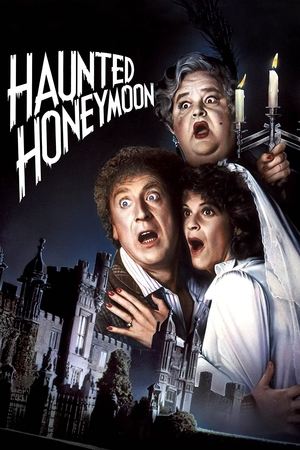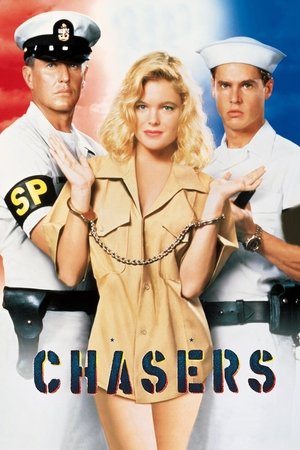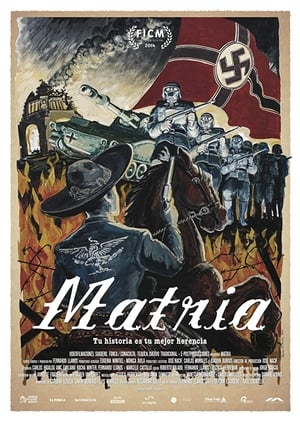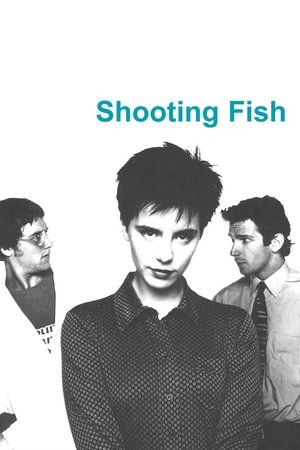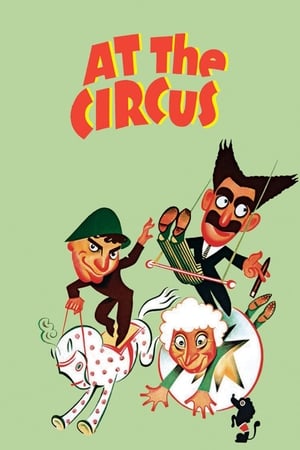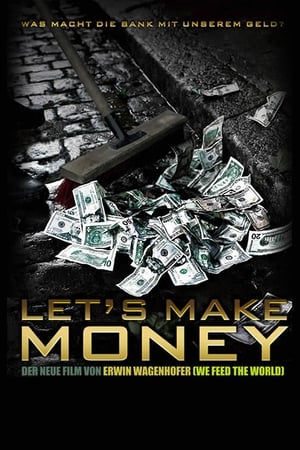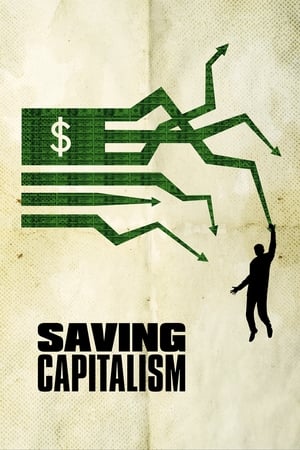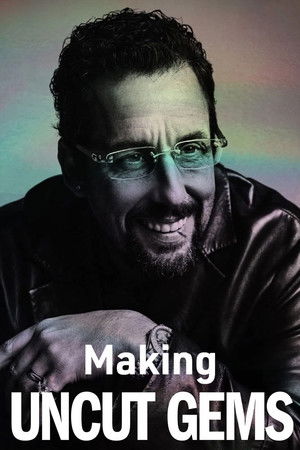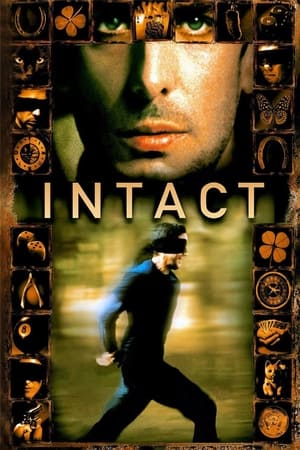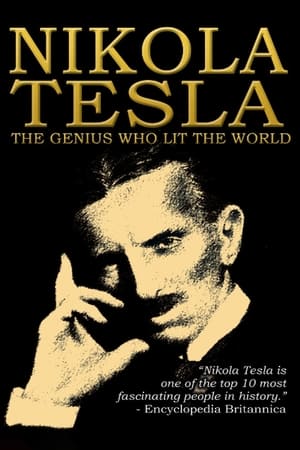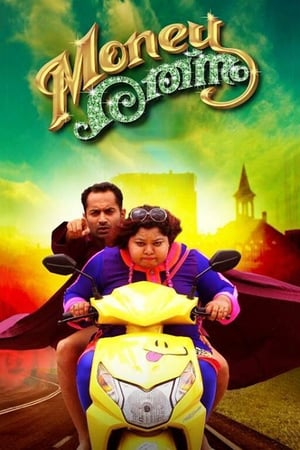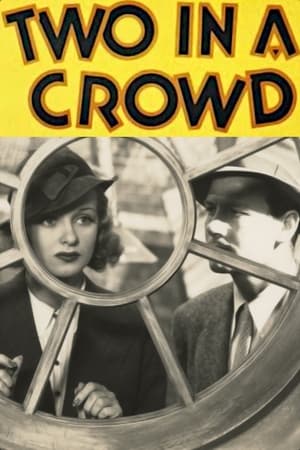Overview
"Where is my money?" - the question that everyone is sure to have asked themselves at some point is the starting point for filmmaker Philipp Enders' journey through the world of finance. Guided by a mobile app, he ends up searching for his lost money not only at the European Central Bank (ECB) and the stock exchange, but also in a ruined Spanish building. His research uncovers a system of dependencies and the realization that the crisis in the financial system also holds an opportunity for change. With a wink, "Mammon" tells of the mechanisms behind "filthy lucre".

 85 min
85 min
 6
6
 2015
2015
 Germany
Germany
